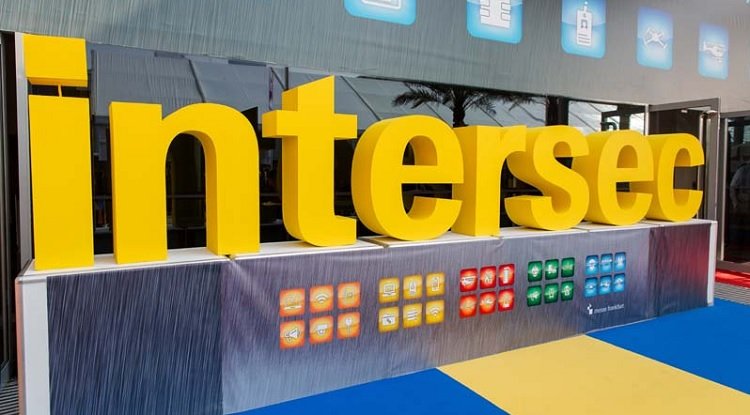
AI is being hailed as the latest security breakthrough, but the industry has yet to fully understand its capabilities, according to the world’s biggest supplier of video surveillance equipment. Now Hikvision, the Chinese manufacturer, says a simple three-C step approach to comprehending the technology will enable users to make AI efficiencies a reality.
 Having innovated ‘self-learning’ algorithms for its product range, Hikvision claims virtually limitless applications for its AI technologies. Hikvision Middle East’s Regional President Binson Xu explained “We can now help banks protect employees, customers, branch offices and ATMs and assist retailers to understand footfall in their stores and optimize their merchandising strategies while helping city authorities reduce congestion and pollution with smart traffic management solutions.”
Having innovated ‘self-learning’ algorithms for its product range, Hikvision claims virtually limitless applications for its AI technologies. Hikvision Middle East’s Regional President Binson Xu explained “We can now help banks protect employees, customers, branch offices and ATMs and assist retailers to understand footfall in their stores and optimize their merchandising strategies while helping city authorities reduce congestion and pollution with smart traffic management solutions.”
Adoption of AI is only hindered by lack of understanding of its capabilities and Xu says the three-C approach of connect, collect and comprehend is the solution.
Xu said “This year, the conversation on AI and its empowered products and solutions and R&D to provide wider products lines, intelligent functions and customised solutions will continue. IoT is the technology trend, but AI will be the important part. We will integrate the Hikvision video surveillance technologies with multiple senses, like radar or related products which cater to different client requirements. Our aim is to become the A-IoT provider. A-IoT will be divided into several steps – first connect, the second collect, the third is comprehend, to provide a solution for improved efficiency of society and its safety.”
Euklis, the Italian manufacturer of technological security solutions says AI’s efficiencies will go well beyond critical infrastructure applications extended into process management, logistics, healthcare and safety.
“It will facilitate new services, for instance, instant support to disabled people when the presence of an object such as a wheelchair is detected,” explained Euklis President Antonmarco Catania.
Catania says identity and face recognition will be the advanced security functions which are set to gain ground.
“The burgeoning technology that will come to the market over the next five years which will further machine learning in Video Monitoring Systems and help increase security are certainly technologies of identity certification,” he said.
Both companies plan to demonstrate the future capabilities of AI at Intersec, the world’s leading trade fair for Security, Safety & Fire Protection, which will run at the Dubai World Trade Centre from 19-21 January.
Intersec takes place against a backdrop of a forecasted double-digit rise in AI spending across the Middle East and Africa. US research giant International Data Corporation says the region’s AI spend will increase at a compound annual growth rate of 19 per cent to 2023. Banking and retail are tipped to lead the AI spend, accounting for more than 33% of investment in 2020, followed by the government and telecoms sectors.
Yet the side effects of AI, including privacy protection, remain issues to be addressed and could impact the technology’s wide-scale adoption. “This is a burning issue within the industry,” said Andreas Rex, Show Director at Messe Frankfurt Middle East, which organises Intersec. “That’s why the issue has been given its own dedicated focus at the Intersec Future Security Summit.”